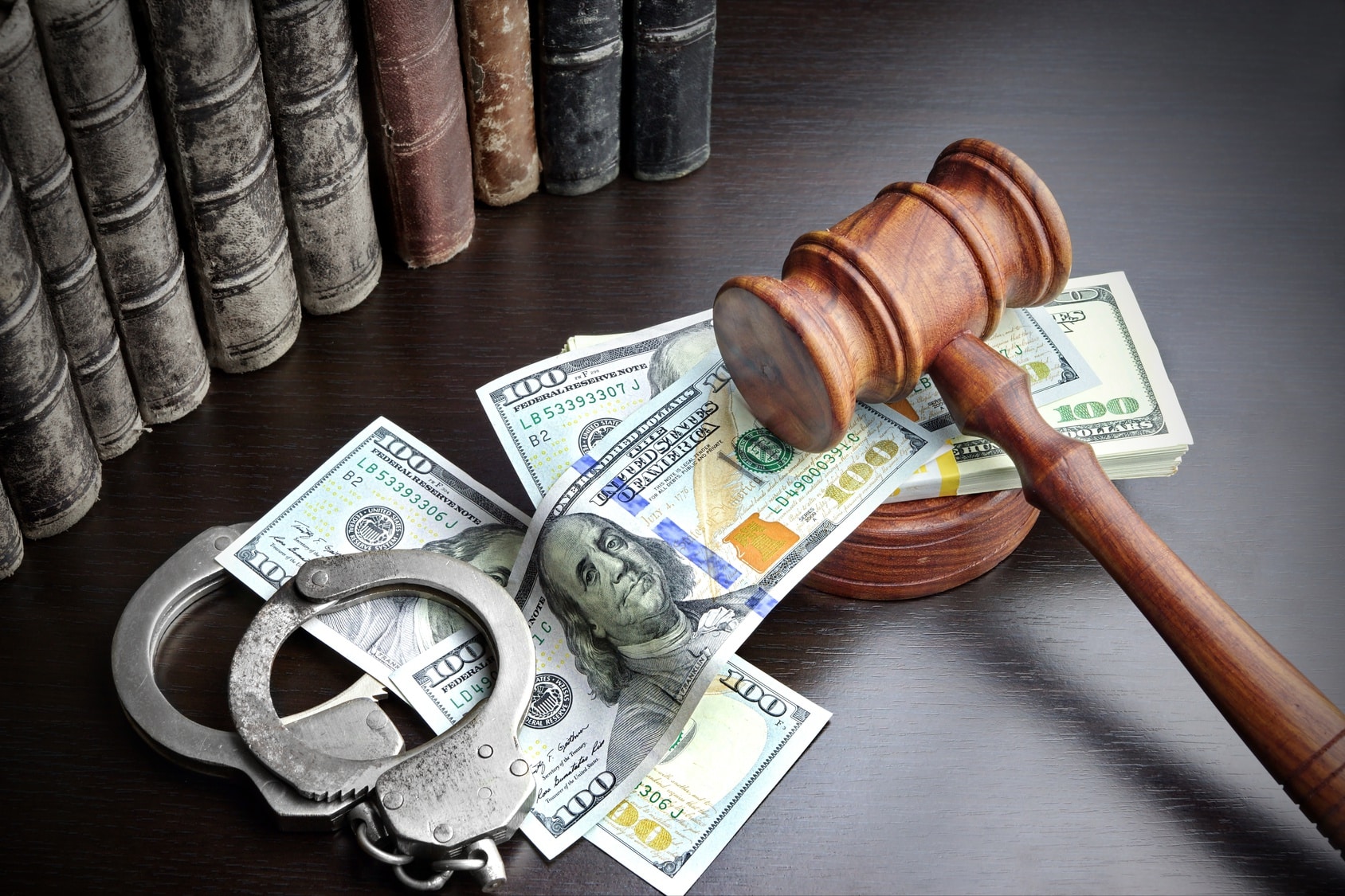Standard Rules and Regulations of Bail Bond Services
The Common Rules and Regulations of Bail Bond Services just like Luzerne County bail bonds cover such topics as Charges, Refunds, and Power to Arrest. Moreover, they cover issues like Duress and Power of arrest. Read on to learn more. Listed below are the most common rules and regulations:
Charges
Depending on the offense, there are different charges for bail bonds. A class B misdemeanor, for example, will require a bail bond of no less than $3,000 and can range up to $10K or more if the offense is repeated or violent. Depending on the circumstances, a class B misdemeanor can even be elevated to a Class A misdemeanor if the defendant is a family member or a public servant.
After being arrested, an accused person is brought before a judge for arraignment. First, he or she will be read a formal charge and asked to enter a plea. The court will dismiss the case or set a trial date if they are guilty. The judge will then decide whether the accused should be released from jail and under what conditions. In addition, the judge can require a certain type of bond.
Refunds
Refunds of Bail Bonds are often granted when the defendant appears in court and is found not guilty. However, this will take up to six weeks before the money will actually show up in your bank account. Nevertheless, you can still request a refund of your bail if you follow some specific steps. The first step is to contact the court. The court will need to see the defendant’s case file to determine whether or not you are eligible for a refund.
Refunds of Bail Bonds vary by state. In most cases, a bail bond refund is full when the accused appears in court and agrees to follow all bail conditions. However, depending on your state, you may not be eligible for a full refund. If you did use a bail bondsman, your refund would be less than 3%. If you paid the bond amount in cash, however, you should be able to pay the court directly. If you have not used a bail bondsman, you can ask the court for a refund of up to 10% of the total amount.
Duress
If the defendant has been arrested for a crime, he should ask himself first: “Did I act under duress?” The term duress refers to the circumstances in which a person commits a crime in fear of being killed or seriously injured. Duress is a defense based on the threat of harm or death and can be implied or stated. To qualify as duress, a person must have had a reasonable fear of harm or death and no alternative.
The first rule is about compensation. Bail bond agents can charge their clients a certain premium for a bail bond. However, the premium amount cannot exceed ten percent of the total bond amount. In some cases, a bail agent may demand additional compensation based on the length of the bond coverage or on the threat to a criminal defendant’s liberty. This fee may be as much as ten percent of the total amount of the bond.
Power to revoke
A judge in Harris County, Texas, has the power to revoke Bail Bonds. This can happen for several reasons, including a breach of bail conditions, a failure to appear in court, and a flight risk. Read on to learn how this happens in real-life cases. Here are some examples. Hopefully, this information will help you understand how this process works and how to protect yourself. After all, you don’t want to be a victim of bail abuse.
When a judge revokes Bail Bonds, a defendant immediately loses their freedom while awaiting trial. Failure to appear in court will result in the court issuing an arrest warrant, which is prosecutable in most states in America. The court would be prosecuting two crimes at once. The revocation of bail bonds also makes the defendant liable for two separate crimes. It’s therefore vital to understand how the process works before making a decision.






